Interviewing can be nerve-racking, so you want to be as prepared as possible. I’ve been on numerous interviews myself and know how stressful it can be. I’ve also been in management for job readiness programs and interviewed countless people. I’ll share what I’ve learned not to do when preparing for an interview so that you can avoid making the same mistakes. Some of these examples will leave you shaking your head at what may seem like common sense, but you’d be surprised.
Below are things you want to avoid and steps you can take so that you can be well-prepared to ace the interview.
Avoid: When they call to set up an interview, asking them to text or email you the information. (Yes, I’ve 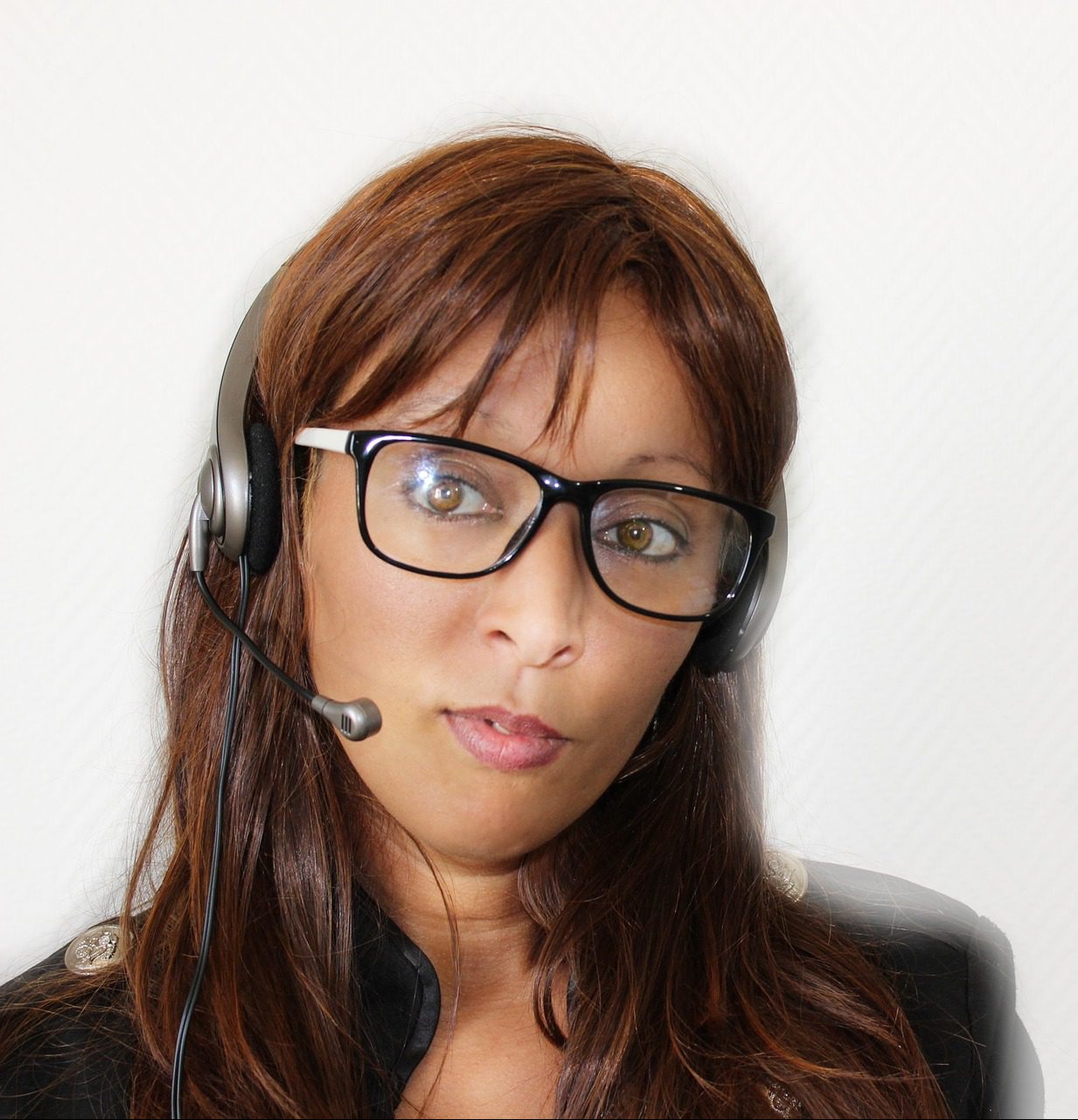 actually had this happen on numerous occasions). It may be the age of technology, but it is not their responsibility to write the information for you. The person you are interviewing with is probably very busy. They are speaking to numerous people on top of their already demanding workload.
actually had this happen on numerous occasions). It may be the age of technology, but it is not their responsibility to write the information for you. The person you are interviewing with is probably very busy. They are speaking to numerous people on top of their already demanding workload.
Do: Grab a pen and paper and write down the address, floor, and name of the person you will be meeting with for the interview. You can also ask, “is there anything else you would like me to bring?” Make sure to confirm the time and the day.
Avoid: Getting what you need ready on the morning of your interview.
Do: Have everything you need for your interview the day before. You never know what can happen the morning of the interview.
- Check the weather. Is it going to rain? Then, make sure you bring an umbrella. The last thing you want to do is to show up looking like a sopping mess. Double check the weather in the morning. I once went to an interview in November, and it ended up being freakishly warm. I was wearing a wool suit. Needless to say (but I will anyway), I was sweating bullets, and it wasn’t pretty. I had checked the day before, but the forecast had changed by the next morning.
- Have a checklist of what you need to get ready for the interview. This includes your:
- Laying out the proper clothing
- Washing or ironing clothes
- Polishing your shoes
- Cleaning out and packing a professional bag
- Making copies of your resume and cover letter
- Pen
- Small notepad
- Directions to the interview programmed into your phone
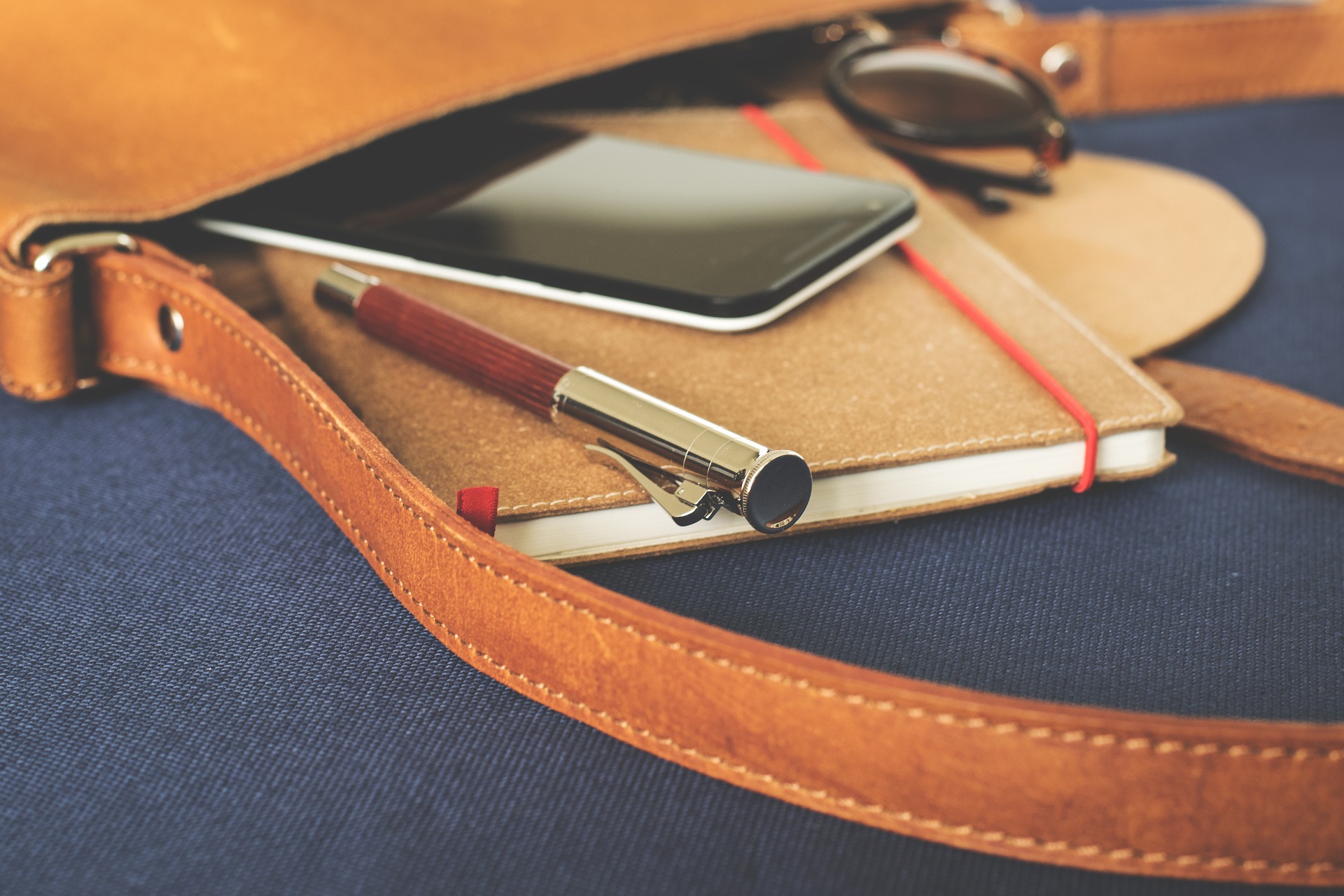
Avoid: Opening your bag or emptying it out on the desk. You don’t want the interviewer to see that it’s hot mess and really needs to be cleaned out.
Do: Keep your belongings neat. Clean and organize your bag prior to the interview.

Avoid: Bringing all of your bags for the errands you need to do after your interview.
Do: Bring only what you need for the interview. You don’t want the interviewer thinking, this was just a stop on the way to the rest of your day.

Avoid: Having your resume crumpled up in a ball and shoved in a plastic or paper bag.
Do: Keep multiple copies of your resume and cover letter in a folder. If you don’t have a professional bag, it’s better not to bring one at all.
Avoid: Going to the interview on an empty stomach. You don’t want your stomach growling louder than the interviewer’s questions. 
Do: Make sure to eat before the interview. Sometimes people avoid eating beforehand because they’re nervous, but you could end up feeling more sick and not think as clearly on an empty stomach. You also never know how long an interview can last. It can last a few minutes or a few hours. (I know I can’t go several hours without eating or I get hangry).
Avoid: Putting anything on and hoping it’s not stained or smell too badly. You don’t want look like you just rolled out of bed, or like you just came straight from the club.
Do: Make sure your shoes are polished, and clothes are clean, free of stains, and neatly pressed. You want the interviewer to focus on you and not your inappropriate attire.
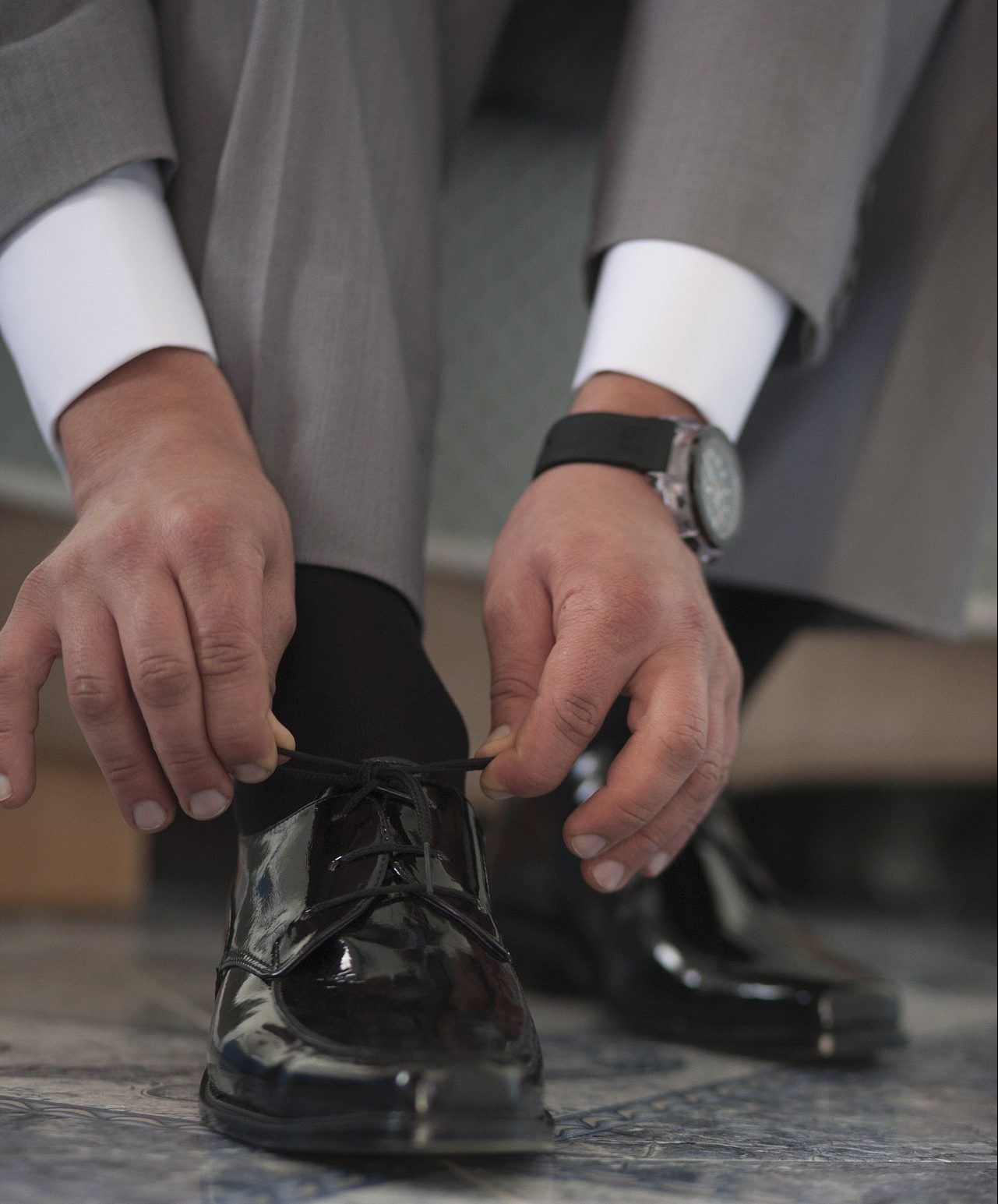
Avoid: Dressing down for the interview. I was working for an organization that conducted phone interviews prior to candidates meeting with me for an in-person interview. The phone interviewer discussed the strict dress code and stressed that suits were a requirement for the position. One of the responsibilities was to teach youth how to dress professionally and model this for them. Even 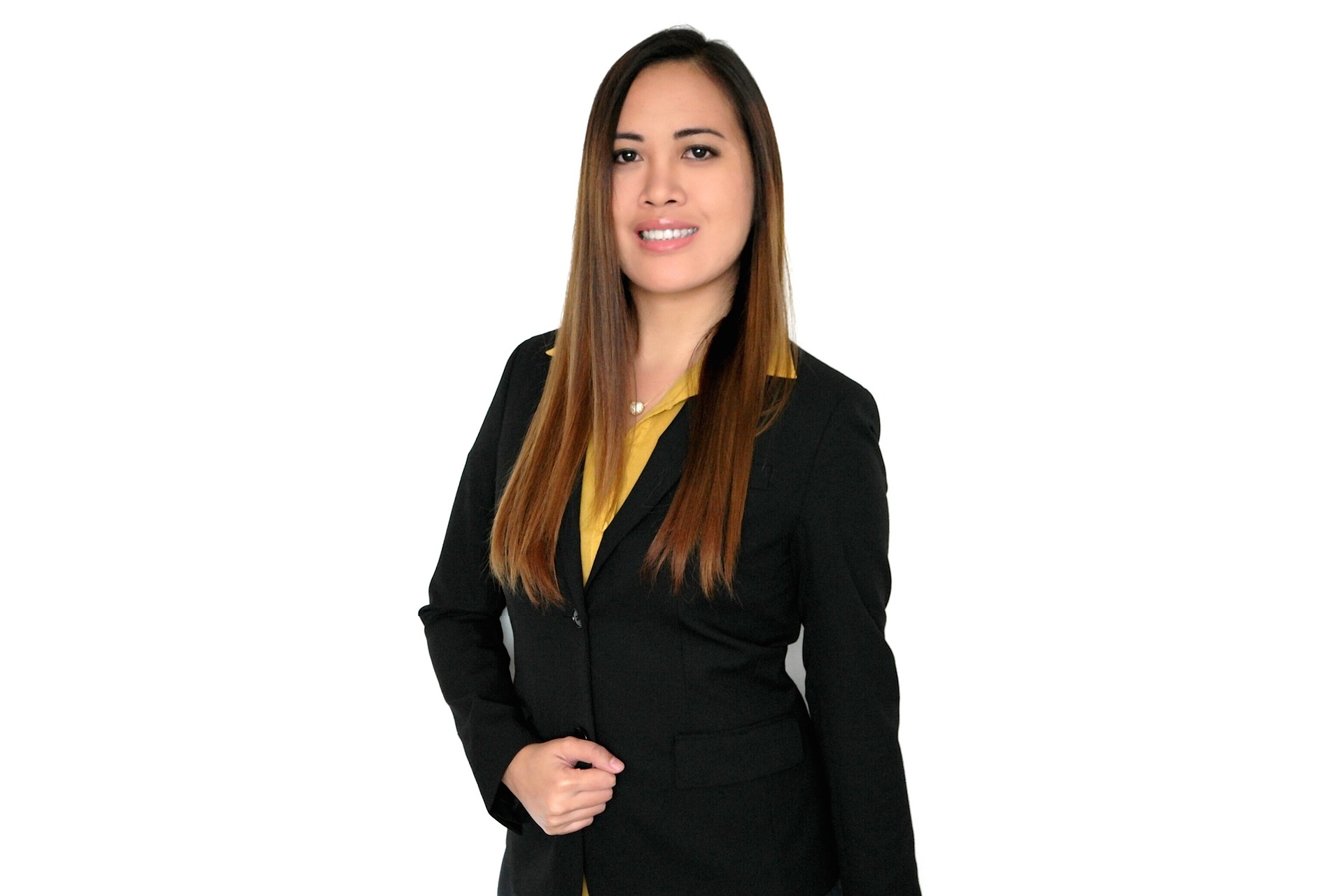 with all of this information, I still had numerous interviewees show up in business casual attire: jeans, khakis, and sneakers.
with all of this information, I still had numerous interviewees show up in business casual attire: jeans, khakis, and sneakers.
Do: Always wear a solid-colored dark suit. In the first interview you always want to wear professional business attire for a corporate office, even is it is not for a corporate position. First impressions are important, and this has become the stand for interviews. Not coming dressed appropriately looks like you didn’t do your research or didn’t care enough to get dressed properly.
Avoid: Smelling like you haven’t showered in several days or that you bathed in cologne or perfume – the interviewer may be allergic to your favorite smell. You don’t want the interviewer more focused on how you smell, than what you have to offer.
Do: Shower the day of the interview, and put on deodorant. You want to exhibit proper hygiene, after all you’re representing the company, if you get hired. If you do decide to wear cologne or perfume (even though it’s not recommended) to the interview; spray, delay, and walk away. Just because you can’t smell it anymore, doesn’t mean everyone else can’t – use as little as possible.
Avoid: Getting to the interview exactly on time so that you don’t have to wait. You don’t know what can happen on the way to the interview and you don’t want to end up being late.
Do: Make sure you give yourself an extra half hour for travel and unexpected events. You never know what calamities can happen on the way to the interview.
You should always map out the trip, even taking a dry run so that you know exactly how to get there. Make sure you know the time of the appointment and exactly what time you need to leave. If you are chronically late, lie to yourself and set your time to leave a half hour earlier. (Gauge this based on your usual late arrival time to events).
Think about your plan for how you are going to travel to the interview. Are you going to…
- Walk

- Take the subway or bus – Do you have enough money on your metrocard? What train or buses do you need to take? Do you have to transfer? If so, make sure to budget an extra 20 minutes, just in case. How far is the interview from the subway or bus station?
- Drive yourself – Make sure your gas tank is filled. Map out the trip and budget for accidents. I had an interviewee get a flat and leave his car on the side of the road to make the interview on time (impressive).
- Have someone else drive you – Follow-up with them the day before the interview. Make sure that you have a backup plan just in case they can’t make it.
- Take a Taxi or care service – Order the taxi ahead of time in case there is traffic. I’ve also had an Uber driver cancel. So, leave extra time for any unexpected obstacles.
Avoid: Getting to the interview two hours early. More than 20 minutes early makes you look too desperate.
Do: Arrive early. However, if you arrive earlier than 20 minutes, wait outside or go for a walk until it is time for your appointment. More than 20 minutes early makes you look too desperate.
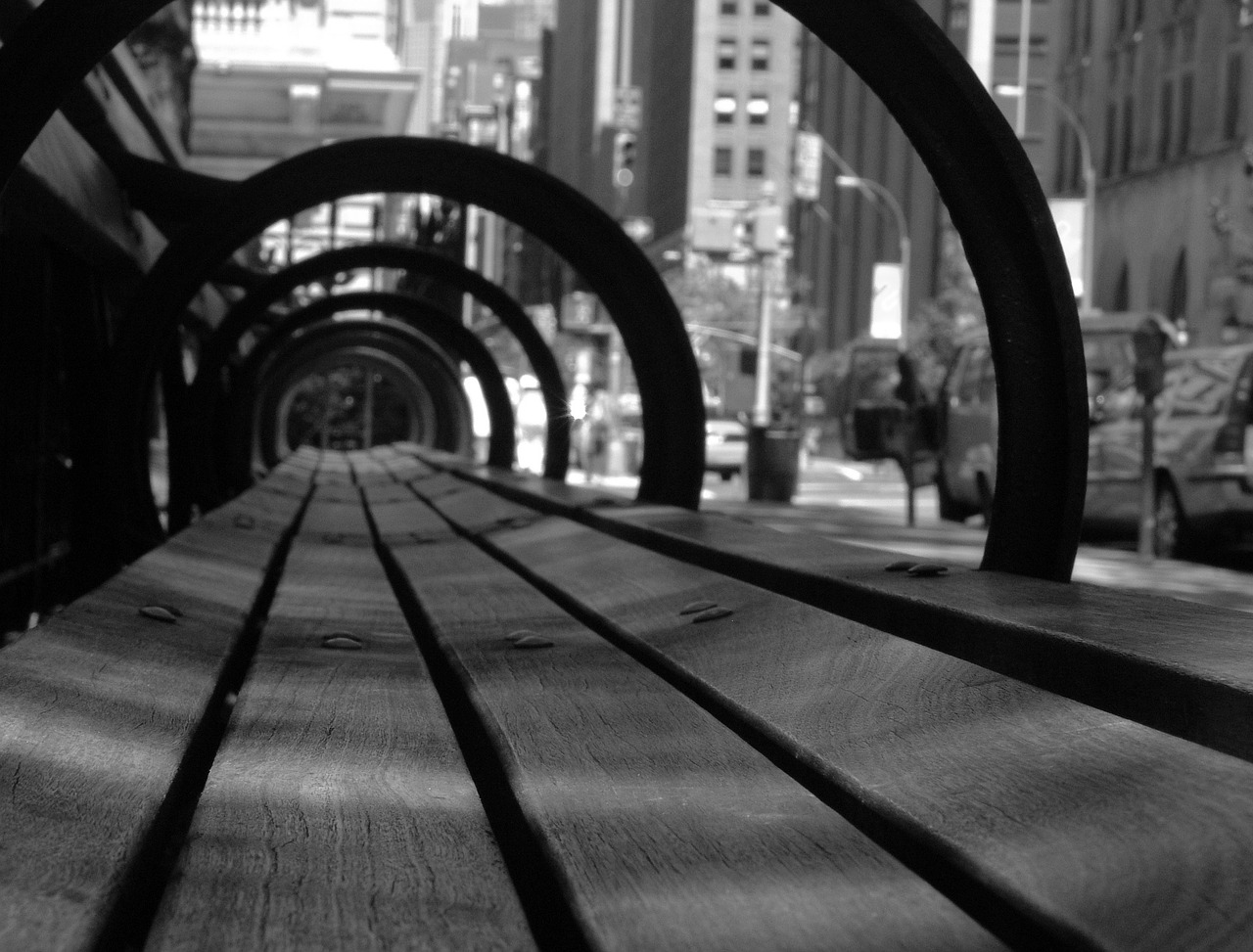 Avoid: Smoking or changing your shoes right outside of the building or in the elevator. (Changing shoes, smoking inside is illegal). Elevators and buildings have video cameras and the interviewer may be watching you.
Avoid: Smoking or changing your shoes right outside of the building or in the elevator. (Changing shoes, smoking inside is illegal). Elevators and buildings have video cameras and the interviewer may be watching you.
Do: Find a bench or a few blocks away or change your shoes in your car (If you have one). You also don’t want to go into your interview smelling like smoke. You want to always present professionally.
Avoid: Going into the interview hoping they’ll tell you all about the organization and the position. When they ask you what you know about the organization, don’t tell them, “nothing.” I’ve had interviewees come in and not know what position they were interviewing for.
Do: Research the organization and have knowledge of the position, programs, and the departments. Match your skills to the posted position. Be prepared to explain why you’ll be an asset to the organization.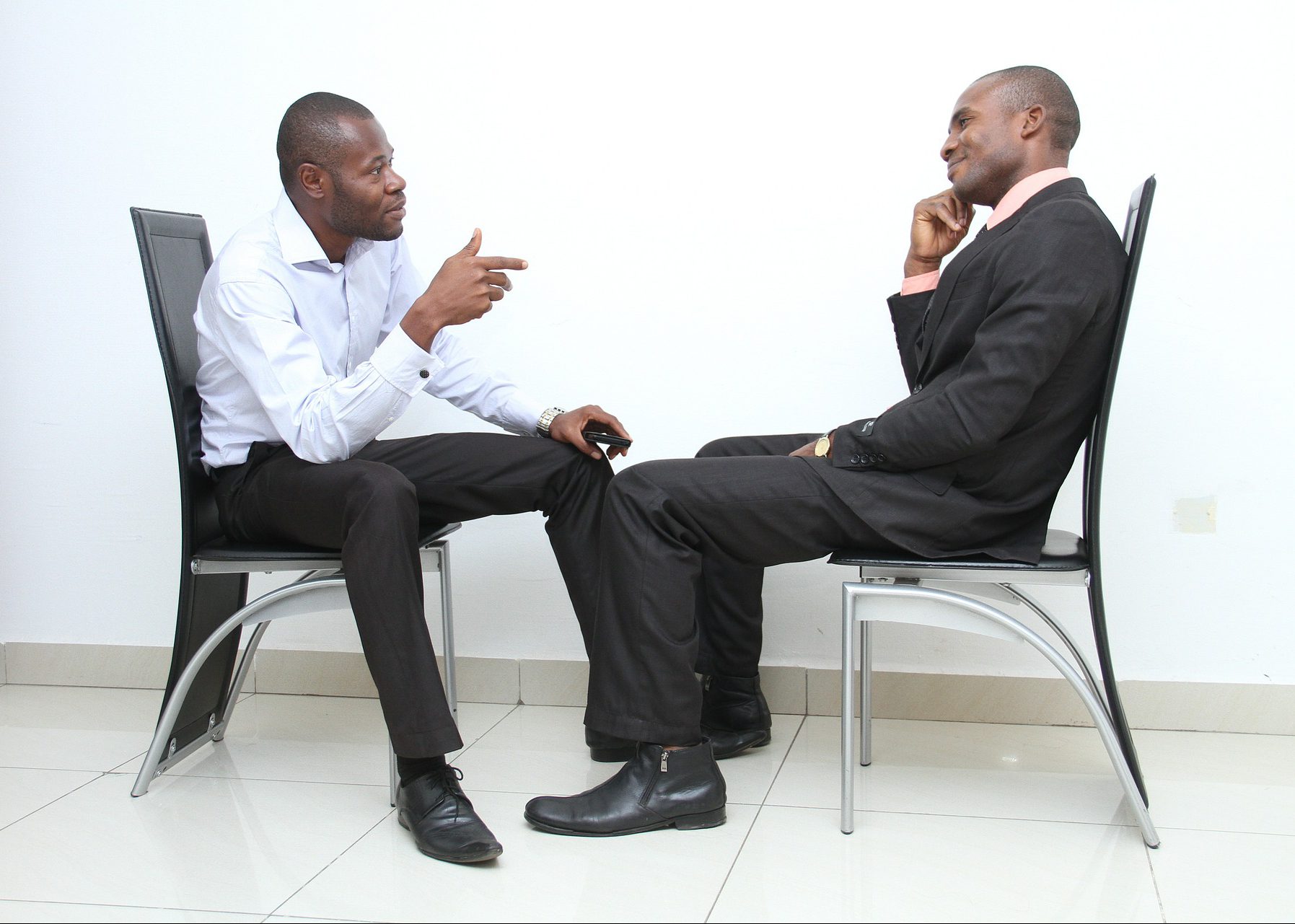
Avoid: Going into the interview and planning to just wing it. I’ve interviewed applicants who actually responded with, “I am not sure why you should hire me.”
Do: Practice interview questions, and be confident in your answers. Be ready for anything, and expect the unexpected. Interviews may ask some crazy, off-the-wall questions. They want to see how you will respond in intense, stressful, or uncomfortable situations.
Avoid: Showing up and providing the receptionist with just your name. They know who you are interviewing with, right?
Do: Know the name of the person with whom you are interviewing. Make sure that you ask in advance, “who should I ask for when I come into the interview?”
Avoid: Appearing restless when you arrive at the interview so that they have to take you right away. You don’t want listen to music or play video games, it looks unprofessional.
Do: Wait patiently. Some interviewers will intentionally keep you waiting. They want to see how you will react if you aren’t interviewed right away. I had an interview where they kept me waiting for more than an hour, because part of the job required you to wait for clients to come in.
One of the employers we worked with called all of the candidates at the same time. The first part of the interview was actually with reception. She reported each of the applicant’s’ responses to her boss. Anyone who had gotten angry or impatient was sent home. Everyone who waited patiently was asked to go in for the interview.
Avoid: Providing the interviewer with references of friends and people you think will give you a good recommendation. I’ve had interviewee provide references that gave them poor recommendations; their reference stated they were a difficult employee and having them on staff was like having another participant. Hmmm, then why would I want to hire you?
Do: Contact your references ahead of time. Make sure that they are aware that you’re interviewing. Let them know the position you are interviewing for, the roles and responsibilities, and if they are willing to give you a great recommendation.
You want to as prepare as much as you can for the interview, this way you can focus on showing them how great you are and how you will be an asset to the company or organization. Now that you know what to avoid before the interview, you are ready to head into the interview!
Check List Freebie
Here are a few more blogs you can’t miss…

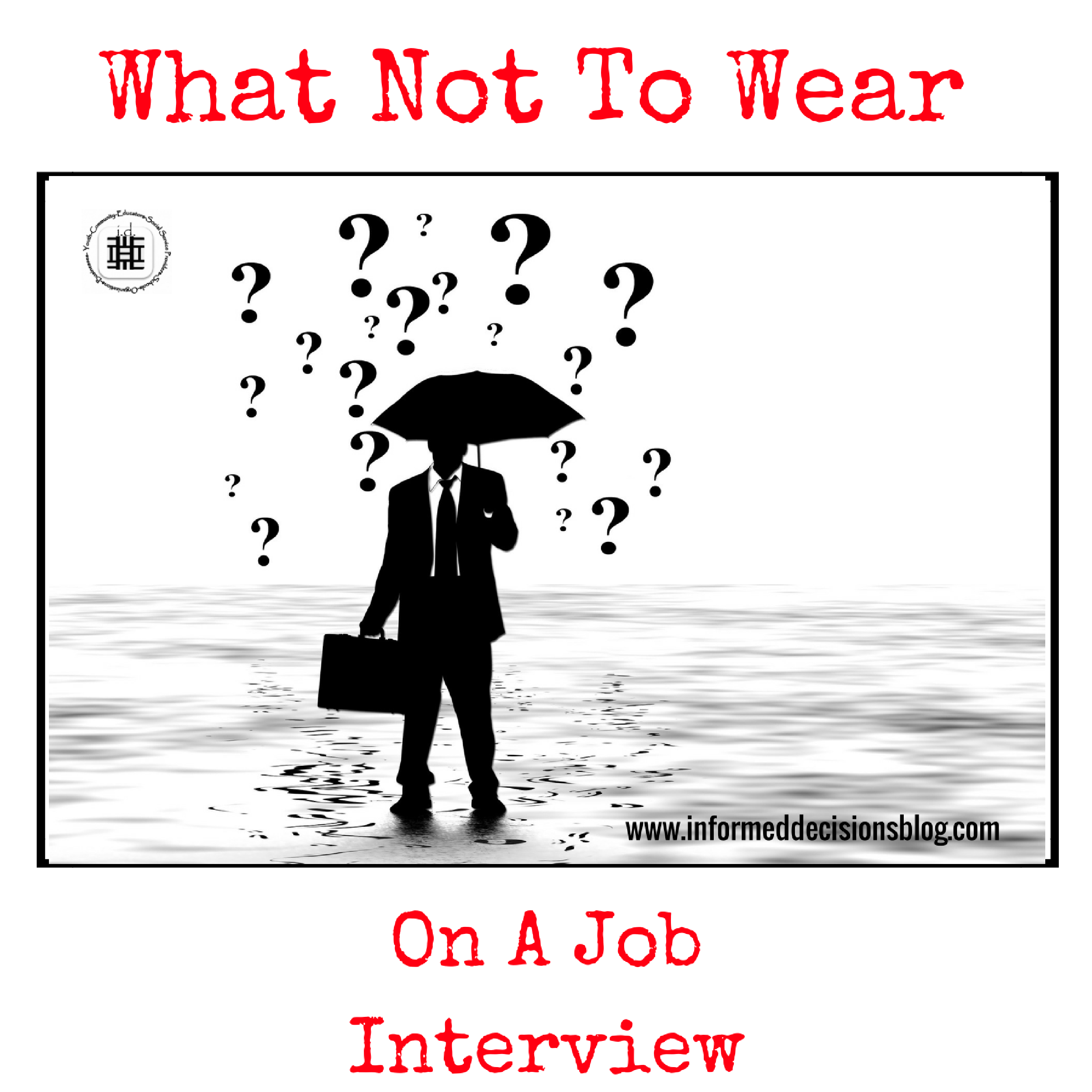
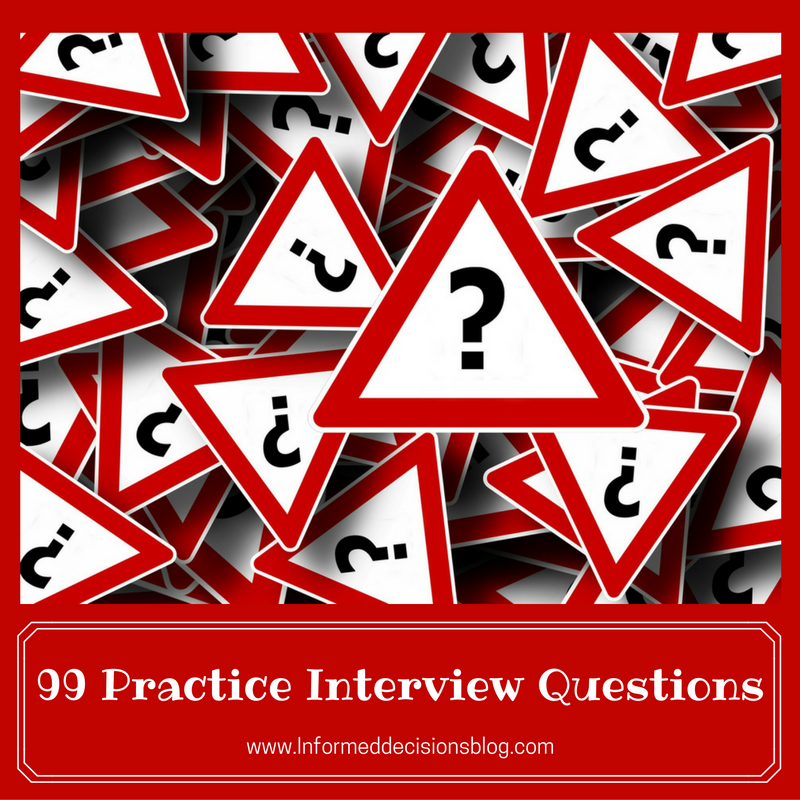
Leave a Reply